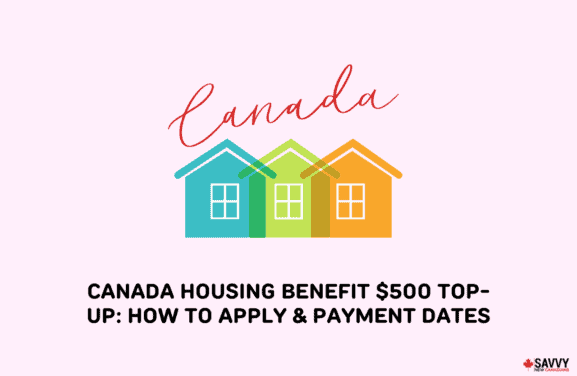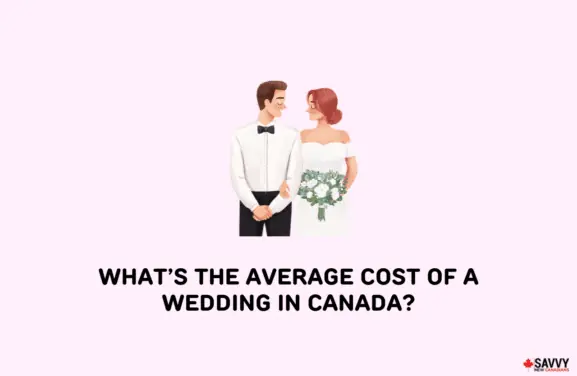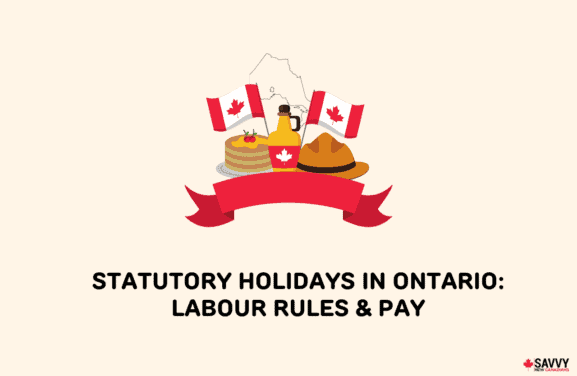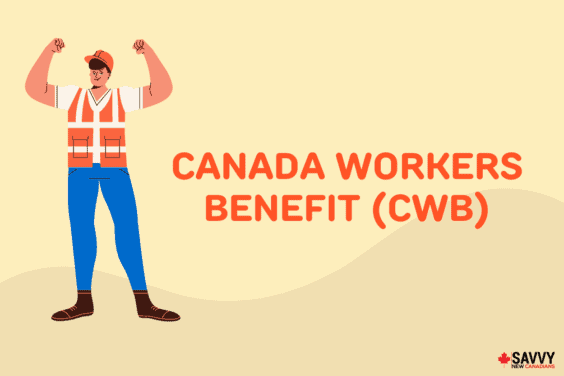In 2024, you’ll file your taxes for 2023. The deadline to do so is April 30. That means you have until April 30, 2024, to file your taxes online or by mail.
After filing personal income taxes, the biggest question on most people’s minds is, “When will I get my tax refund?” The Canadian Revenue Agency, or CRA, has service standards that dictate how long it will take to process your filing and send your return.
This guide will cover when to expect your tax refund, CRA processing times, maximizing your tax refund, and what to do with it once you receive it.
When Will I Get My Tax Refund in Canada?
When you receive your refund, depends on when and how you file your taxes. Tax season begins with the new year, but you have until the end of April to file. However, the earlier you file, the earlier you’ll get your return because the CRA processes tax filings on a first-come, first-serve basis.
Tax returns filed using NETFILE-approved tax software are processed quickly, and you should receive your refund within 8 business days if you have set up direct deposit payments with the CRA. If you don’t have a direct deposit setup, your tax refund cheque may take an additional 2 weeks or longer to arrive.
If you file your taxes using a paper return, it may take up to 8 weeks to receive your refund.
Once you’ve submitted your tax return, you can check the CRA website for updated information about their processing times. You can see estimated times and check your tax refund status here with CRA’s tool.
To summarize, here’s when you can expect your tax return based on the filing method:
- Online using NETFILE: 2 weeks
- Paper filing: 8 weeks
- Non-resident tax filing: 16 weeks
How Long Does It Take the CRA to Review Documents?
How you file affects how long it will take you to get your refund and your notice of assessment. The CRA says that it aims to process your refund within two weeks after you file an online return or within eight weeks after you file a paper return.
That said, those estimated CRA processing times are only valid if you submit your tax returns on or before their due dates. Some additional circumstances may slow down the process of getting your return.
For instance, if you live outside of Canada and file a non-resident personal income tax return, it could take up to 16 weeks to get your return.
How Long After the Notice of Assessment Do You Get a Refund?
Your notice of assessment, or NOA, is an evaluation of your tax return that the CRA will send you each year after you file your taxes. It outlines how much you owe or will receive as a return based on the forms you filled out and how much you’ve already paid.
Normally, you’ll receive your refund with your notice of assessment. However, if you receive your notice of assessment and see incorrect information or don’t get a refund, you have 90 days to formally object to the NOA and change the information on it.
If you’ve misplaced your NOA, you should be able to access it online via the CRA website, where you’ll just need to log in to your account.
Also, if you file your taxes online, many tax software provide an instant NOA, which is followed by your tax refund around 2 weeks after.
What Happens If You Don’t Receive a Refund?
There are some cases where the CRA will keep all or part of your refund. These situations include:
- You owe (or are about to owe) a balance
- You have certain outstanding debts
- You have outstanding returns from a sole proprietorship or partnership
- You would receive a refund of $2 or less.
You can check this list for more information on those circumstances. If you haven’t received a refund and those situations do not apply to you, you have 90 days after you receive your notice of assessment to dispute it formally.
That might be a good option if you think some of the information on your NOA is incorrect and prevented you from receiving a refund.
What Should You Do With Your Tax Refund?
There are numerous options when deciding what to do with your tax refund, but the two smartest bets are investing it or saving it.
When you get money back in a lump sum, like a tax refund, it can be tempting to go on a shopping spree or spend it soon after receiving it. But there are so many smarter bets for using that money.
Managing your money strategically can help you make the most of it. The Financial Consumer Agency of Canada has created this fact sheet to help you understand how to cash your refund cheque and what to do with it once you have the money.
Suggestions include using a savings account, paying off debt, and contributing to an RESP for your child’s future education.
How to File a Tax Return in Canada
There are many ways to file your taxes in 2024, so your choice depends on your preferences. For instance, you could use online tax software such as TurboTax, file a return by mail, or go through the CRA File My Return system.
Each option has pros and cons, so it’s important to analyze your needs and choose the one that’s right for you.
TurboTax

On TurboTax’s Website
- Fees: $0 to $34.99 (Get 15% discount)
- Promotion: File taxes for free if you have a simple tax return
- Devices: Desktop and mobile apps
Related: Read our review of the best free tax return software.
FAQs
There’s no real maximum tax refund in Canada – it all depends on how much you have overpaid in taxes throughout the year. You’ll find the value you’ll receive on line 48400 of your tax return.
After submitting your tax return, you can use tools on the CRA website to get updated information about their processing times. You can view estimated times and check your tax refund status online.
There are a few ways to maximize your tax refund, all of which allow you to claim deductions. You can contribute to your RRSP (registered retirement savings plan), claim a capital loss, deduct childcare expenses, or claim senior citizen credits. There are numerous other deductions you might also want to look into.
In 2023, the average refund was $2,262. If you’re looking for a large refund like that, you may want to consider some of the deductions or credits mentioned above to claim on your forms.
Related: Here are the penalties for failing to file your taxes on time.



